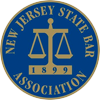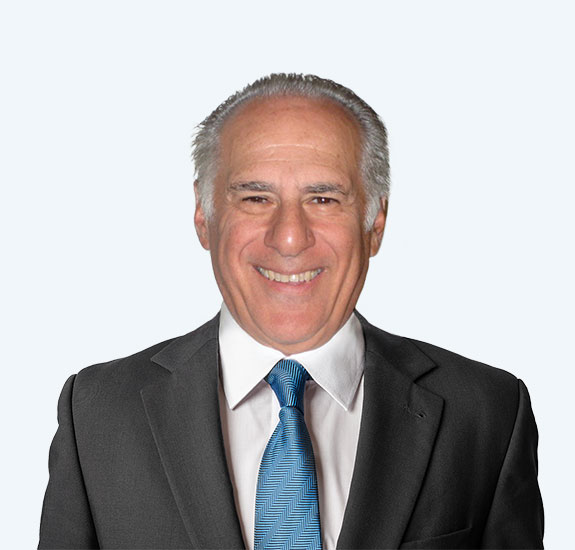- Free Consultation: (212) 693-3737 Tap Here to Call Us
Issues Relating To Signing of A Will
In order for a Will or Codicil to be valid, the testator must sign the Will in the presence of two disinterested witnesses.
There are cases wherein New York courts have described the procedure that must be followed for the testator’s signature to be deemed admissible. It is not sufficient that the witnesses know the instrument is a Will. The actual signing of the document itself must have been visible to the witnesses.
“Where two attesting witnesses signed codicil prior to testator, and never saw testator’s signature on document, codicil was not duly executed.” In re Feldman, N.Y.L.J., Mar. 24, 1982, at 13 (Sur. Ct. Bronx County).
In the case of In re Stachiw, 906 N.Y.S.2d 776 (Sur. Ct. Dutchess County 2009), the Surrogate’s Court granted the objectant’s summary judgment motion to deny probate for lack of due execution because one of the witnesses, a hospital technician, was cleaning the decedent’s bathroom when he was asked to come into the room to sign a document. He had no idea what he was signing. In addition, testator’s testimony revealed that the testator neither signed in his presence nor acknowledged his signature to him. Stachiw shows that witnesses sound also be aware of what exactly they are signing onto.
Another question that courts have dealt with is what exactly constitutes as a signature? While the courts insist on strict compliance with the requirement that the testator subscribe his or her will, they are open to accepting a variety of marks as signatures.
In In re Kenneally, 139 Misc. 2d 198, (Sur. Ct. Nassau County 1988), the Surrogate’s Court accepted the words “Love Mother” as decedent’s valid signature for purposes of executing a codicil. The codicil was in the form of a letter. All the other requirements as to due execution were met, and the only question was whether the codicil was “signed”. The court, in accepting “Love Mother” as a valid signature, noted that a will can be signed with initials, the testator’s mark or any visible lines.
To conclude, it must be remembered that at a minimum, the testator should disclose to the attesting witnesses his or her intention to sign by a mark.
For any further information, please contact Jeffrey Weinstein Estates Attorney, on 212-693-3737.







